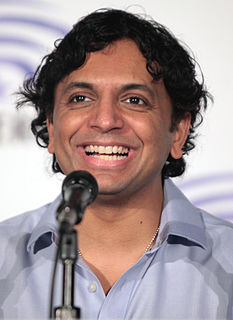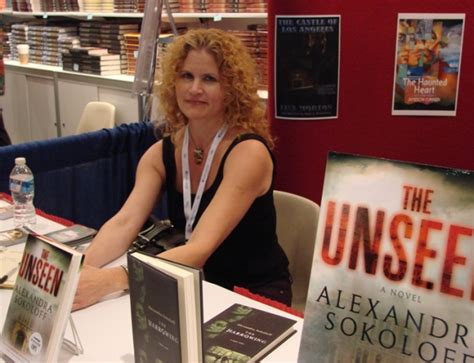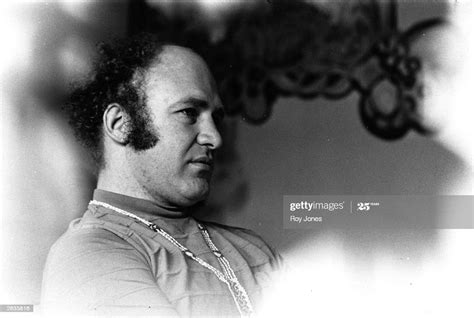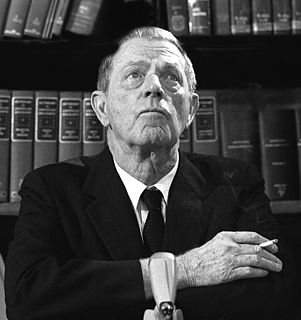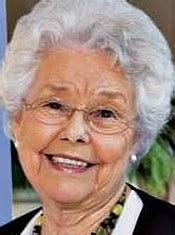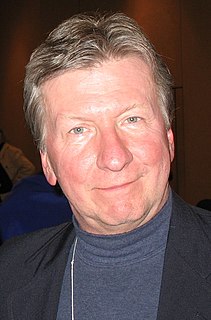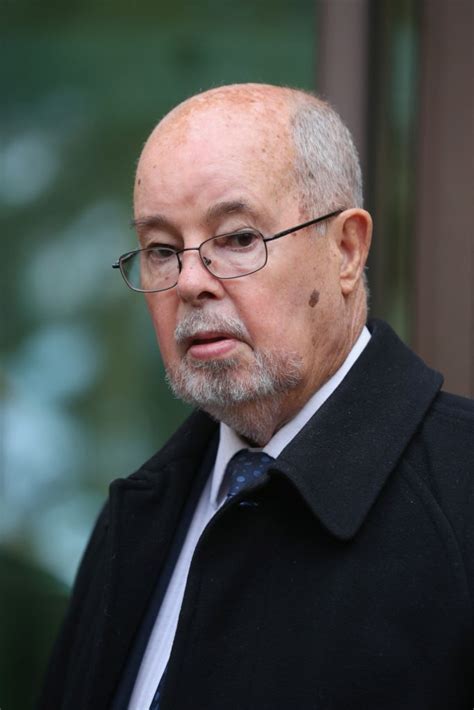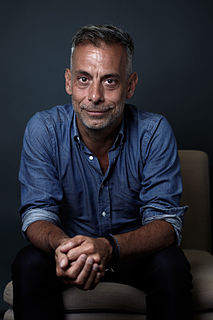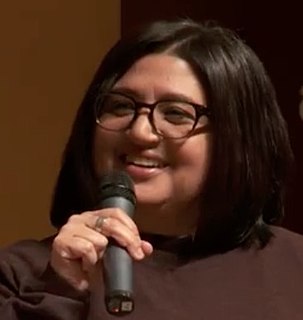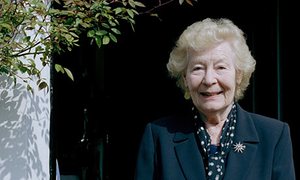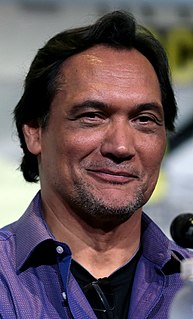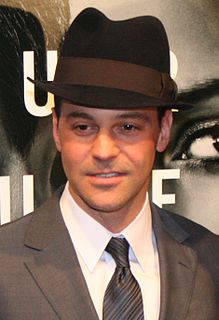Top 1200 Story Writers Quotes & Sayings - Page 3
Explore popular Story Writers quotes.
Last updated on November 21, 2024.
What writers of fantasy, science fiction, and much historical fiction do for a living is different from what writers of so-called literary or other kinds of fiction do. The name of the game in F/SF/HF is creating fictional worlds and then telling particular stories set in those worlds. If you're doing it right, then the reader, coming to the end of the story, will say, "Hey, wait a minute, there are so many other stories that could be told in this universe!" And that's how we get the sprawling, coherent fictional universes that fandom is all about.
I guess when I was younger, I'd have assumed that in 2008 music would be full of great writers following in the tradition of the young great writers of the '60s and '70s, but it hasn't turned out that way, or at least there are no other writers around that I look at and think: 'Wow, I'm outclassed, I need to get out of this business.'
It feels as though a very disproportionate number of main characters are writers, because that's what the writer knows. Fair enough. But nothing bothers me more in a movie than an actor playing a writer, and you just know he's not a writer. Writers recognize other writers. Ethan Hawke is too hot to be a writer.
I think all writers are always collecting characters as we go along. Not just characters of course, we're collecting EVERYTHING. Bits and pieces of story. An interesting dynamic between people. A theme. A great character back story. A cool occupation. The look of someone's eyes. A burning ambition. Hundreds of thousands of bits of flotsam and jetsam that we stick in the back of our minds like the shelves full of buttons and ribbons and fabrics and threads and beads in a costumer's shop.
Each of us is our own story, but none of us is only our own story. The arc of my own personal story is inexplicably and intrinsically linked to the story of my parents and the story of my neighbor and the story of the kid that I met one time. All of us are linked in ways that we don't always see. We are never simply ourselves.
I am always interested in why young people become writers, and from talking with many I have concluded that most do not want to be writers working eight and ten hours a day and accomplishing little; they want to have been writers, garnering the rewards of having completed a best-seller. They aspire to the rewards of writing but not to the travail.
..few writers like other writers' works. The only time they like them is when they are dead or if they have been for a long time. Writers only like to sniff their own turds. I am one of those. I don't even like to talk to writers, look at them or worse, listen to them. And the worst is to drink with them, they slobber all over themselves, really look piteous, look like they are searching for the wing of the mother. I'd rather think about death than about other writers. Far more pleasant.
It used to be that you would go into a writing program and what you would learn was how to write a short story. You would pick up the magazines and you would be taught from the magazines how to write a short story. Nowadays student writers are learning to write novels because that market is gone, so the ones who are drawn to the form are doing it really for reasons of their own and that's really exciting.
We are all refugees from our childhoods. And so we turn, among other things, to stories. To write a story, to read a story, is to be a refugee from the state of refugees. Writers and readers seek a solution to the problem that time passes, that those who have gone are gone and those who will go, which is to say every one of us, will go. For there was a moment when anything was possible. And there will be a moment when nothing is possible. But in between we can create.
So tell me, since it makes no factual difference to you and you can't prove the question either way, which story do you prefer? Which is the better story, the story with animals or the story without animals?' Mr. Okamoto: 'That's an interesting question?' Mr. Chiba: 'The story with animals.' Mr. Okamoto: 'Yes. The story with animals is the better story.' Pi Patel: 'Thank you. And so it goes with God.
It's fun when the writers start writing jokes to you, but also it's fun when the writers will come to you and say 'Hey, listen, we're working on this story and we need to know if you speak any foreign languages.' And I said 'No, I don't. I speak a little Spanish, but I can learn a foreign language.' And they go 'Okay, do you think you can learn Portuguese?' And I go 'Yeah, whatever it takes. If it's funny, I'll do it.' So of course I start looking online and learning Portuguese, and as it turns out, I get the script and it's now Serbian.
We writers – and especially writers for children, but all writers – have an obligation to our readers: it's the obligation to write true things, especially important when we are creating tales of people who do not exist in places that never were – to understand that truth is not in what happens but what it tells us about who we are. Fiction is the lie that tells the truth, after all.


